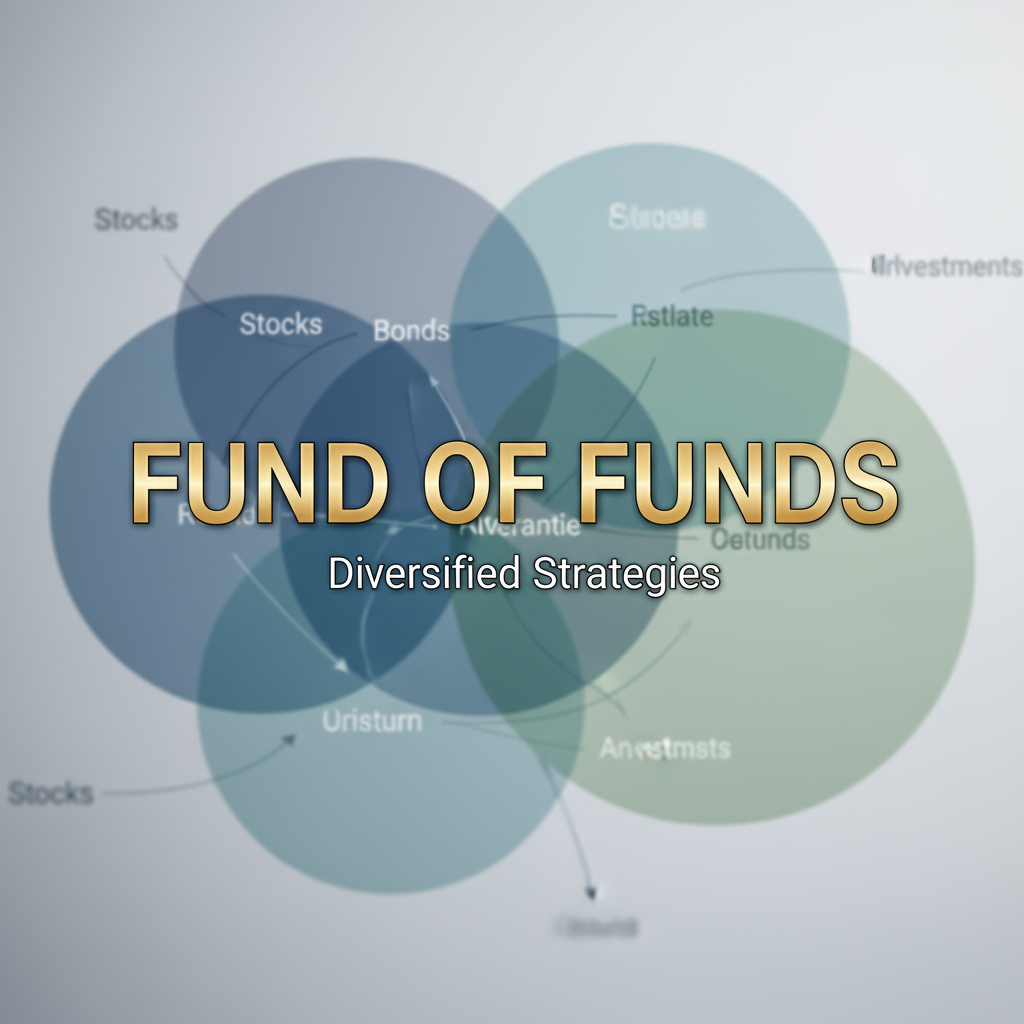Asset Classes
- Home
- Asset Classes
What Is An Asset Class?
An asset class is a grouping of investments that exhibit comparable characteristics, respond similarly to market forces, and are governed by a common set of laws and regulations. These categories typically include equities (stocks), fixed income (bonds), real estate, cash or cash equivalents, and a diverse range of alternative investments such as private equity or commodities.
Grasping the concept of asset classes is crucial for constructing a well-diversified investment portfolio. Each asset class possesses a distinct risk, return, and liquidity profile, and they often react divergently to prevailing market conditions. By strategically combining various asset classes, investors can mitigate overall portfolio risk, potentially enhance returns, and achieve a balanced allocation that aligns with their individual financial objectives and risk tolerance.
At Noble Asset Management, we employ a rigorous approach to asset allocation, meticulously structuring your portfolio to optimize growth while effectively managing risk.

Asset Classes Recommended for Your Portfolio
Equities represent partial ownership in a company. By purchasing shares, investors gain exposure to the company’s growth potential and earnings. While stocks tend to carry higher risk compared to bonds, they also offer the opportunity for greater long-term returns.
Fixed income investments involve lending capital to an entity, such as a government or corporation, in return for regular interest payments and the repayment of principal at maturity. Bonds are a common example of fixed income investments, offering more predictable returns and lower risk compared to equities.
Cash and cash equivalents include physical cash and highly liquid securities, such as Treasury bills, guaranteed investment certificates (GICs), and money market funds. These investments carry very low risk, providing stability and easy access to funds, though their potential returns are generally lower than other asset classes.
Real estate investments involve purchasing property or investing in real estate-related securities. They provide potential for income through rent and long-term capital appreciation. Real estate can diversify a portfolio and act as a hedge against inflation, though it may carry liquidity and market risks.
Offered by Noble Asset Management
At Noble Asset Management, we provide our clients with access to a diverse selection of nontraditional investment opportunities designed to complement and enhance traditional portfolios. These alternative asset classes can deliver higher return potential, increased diversification, and unique exposure to markets not typically available through equities or fixed income.

Private Equity
Private equity involves investing directly in privately held companies or through buyouts of public companies to take them private. These investments aim to unlock value by improving operations, scaling businesses, and eventually realizing gains through IPOs or sales.

Venture Capital
Venture capital focuses on funding early-stage companies with high growth potential, often in innovative industries such as technology, healthcare, and renewable energy. While inherently higher risk, successful ventures can deliver substantial returns.

Hedge Funds
Hedge funds employ diverse and sophisticated strategies—including long/short equity, arbitrage, and global macro—to generate returns in both rising and falling markets. They offer flexibility and active management but often require higher minimum investments.

Real Assets
Real assets include investments in tangible resources such as commodities, infrastructure, and natural resources. They can serve as an effective hedge against inflation and provide steady, long-term income streams.

Private Credit
Private credit refers to lending directly to companies or projects outside traditional banking channels. This asset class can provide attractive yields and is often structured to include collateral, enhancing downside protection.

Fund of Funds
A fund of funds invests in a portfolio of alternative investment funds, providing diversified exposure across managers, strategies, and geographies. This approach helps mitigate risk while maintaining access to a wide array of opportunities.
